
OR
Editorial
Unfortunate Opposition to MCC Compact
Published On: August 31, 2023 07:30 AM NPT By: Republica | @RepublicaNepal

In a move that raises concerns for Nepal's developmental trajectory and its potential for foreign investment, a section of leftist parties, including some from the ruling coalition, has launched a fresh protest against the implementation of the Millennium Challenge Corporation (MCC) Compact, even after their key concerns have been addressed by the US government. The MCC Compact, along with a comprehensive 12-point explanatory note, was rigorously discussed, ratified by the sovereign parliament, and then entered the implementation phase on Wednesday. This opposition, based on unfounded grounds, not only threatens the nation's developmental endeavors but also sends a discouraging message to potential foreign investors interested in contributing to Nepal's growth. The MCC Compact, a $500 million grant agreement signed between Nepal's government and the US government, holds immense potential for Nepal's economic advancement. It targets critical sectors such as power transmission lines and road infrastructure – both vital for enhancing connectivity, energy availability, and overall economic growth. However, the journey to this point has been marked by delays and political wrangling, resulting in a higher financial burden on the Nepali government.
What's truly puzzling is that the MCC Compact and its associated terms have been a subject of intense scrutiny, discussion, and negotiation, involving multiple stakeholders, including political parties, successive governments, and experts in the field. The concerns raised by the opposing parties have not been ignored – the US Embassy in Kathmandu has made it clear that the 12-point explanatory note will indeed be integrated into the MCC grant agreement. Furthermore, the US government's explicit affirmation that Nepal's Constitution takes precedence over the MCC Compact addresses another key concern. This underscores the respect for Nepal's sovereignty and the government's commitment to protecting its national interests. It's noteworthy that the delay in implementing the MCC Compact's provisions stems from the parliamentary endorsement process and challenges in meeting certain prerequisites. While it is only natural for political parties to hold diverse opinions, it is imperative that disagreements do not hinder the progress of a nation. The fact that five out of six preconditions have already been met for the Entry into Force (EIF) implementation, and the project has already been delayed by over three years, should prompt all parties to prioritize the nation's interests over political posturing.
The potential benefits of the MCC Compact are substantial, and they cannot be ignored. Improved power transmission will lead to reduced energy shortages, fostering a more conducive environment for businesses to thrive and for employment opportunities to multiply. Enhanced road infrastructure will not only facilitate smoother movement of goods and people but will also open up previously inaccessible areas, contributing to a more equitable distribution of development. These positive outcomes are not speculative; they have been evidenced in other nations that have successfully partnered with the MCC. It is concerning to see that the protest against the MCC Compact's implementation is ongoing and is accompanied by internal disputes within the ruling coalition itself. This not only portrays a lack of consensus within the government but also sends a confusing message to the international partners and potential investors. The very essence of foreign investment is built on stability, transparency, and a welcoming environment. When political actors continue to resist agreements that have undergone rigorous scrutiny and have been ratified through the due process, it raises serious questions about Nepal's commitment to honoring international agreements and fostering an atmosphere conducive to foreign investment.
It is important to acknowledge the complexity of political dynamics, differing ideologies, and the legitimate concerns of the opposition. However, it's equally crucial to recognize that some points of contention have been addressed and that further delays will only exacerbate the challenges that Nepal is facing. The world is evolving at a rapid pace, and Nepal cannot afford to be left behind. All those protesting against the grant agreement should understand that the MCC Compact is not just about financial assistance; it represents a partnership between nations with shared goals for development and progress. The opposition to its implementation, despite assurances and clarifications from the US government, is a disheartening display of prioritizing political interests over the nation's welfare. Nepal deserves to witness a united front that embraces opportunities for growth, welcomes foreign investment, and prioritizes its citizens' well-being. It is time to move forward with the MCC Compact, fulfilling promises of progress, and showing the world that Nepal is a reliable and forward-looking partner on the global stage.
You May Like This

Land acquisition begins in Hetauda for US-Funded MCC Project
KATHMANDU, Aug 31: The US Millennium Challenge Corporation (MCC) initiative of the United States has kicked off its implementation phase.... Read More...

Development Committee asks govt to increase development expenditures to 90 percent
KATHMANDU, Dec 8: Today's meeting of the Development Committee (DC) under the Legislature-Parliament has directed the government to increase the... Read More...

‘Foreign investment is safe in Nepal’
KATHMANDU, Nov 8: Chandra Prasad Dhakal, the Acting President of the Federation of Nepalese Chamber of Commerce and Industry, has... Read More...
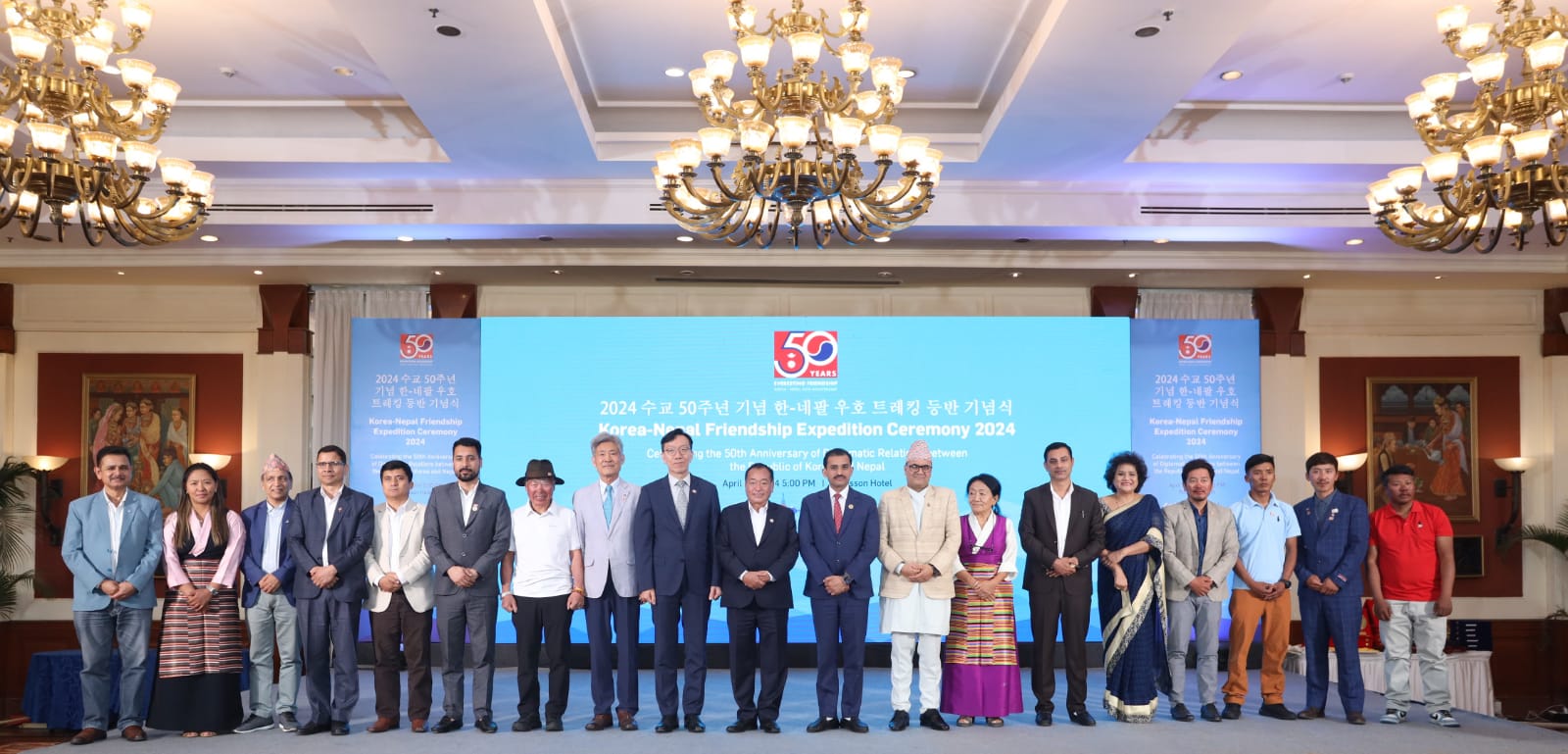
Just In
- Home ministry introduces online pass system to enter Singha Durbar
- MoLESS launches ‘Shramadhan Call Center’ to promptly address labor and employment issues
- Biratnagar High Court orders Krishna Das Giri to appear before court within one month in disciple rape case
- Ilam by-election update: UML candidate Suhang maintains lead
- Korean embassy and NTB jointly commemorate 50th anniversary of Korea-Nepal diplomatic relations
- SC administration files contempt of court case against SidhaKura
- Second day of Nepal Investment Summit to feature diverse discussions
- Ilam-2 by-election: UML’s Nembang leads by 4,523 votes



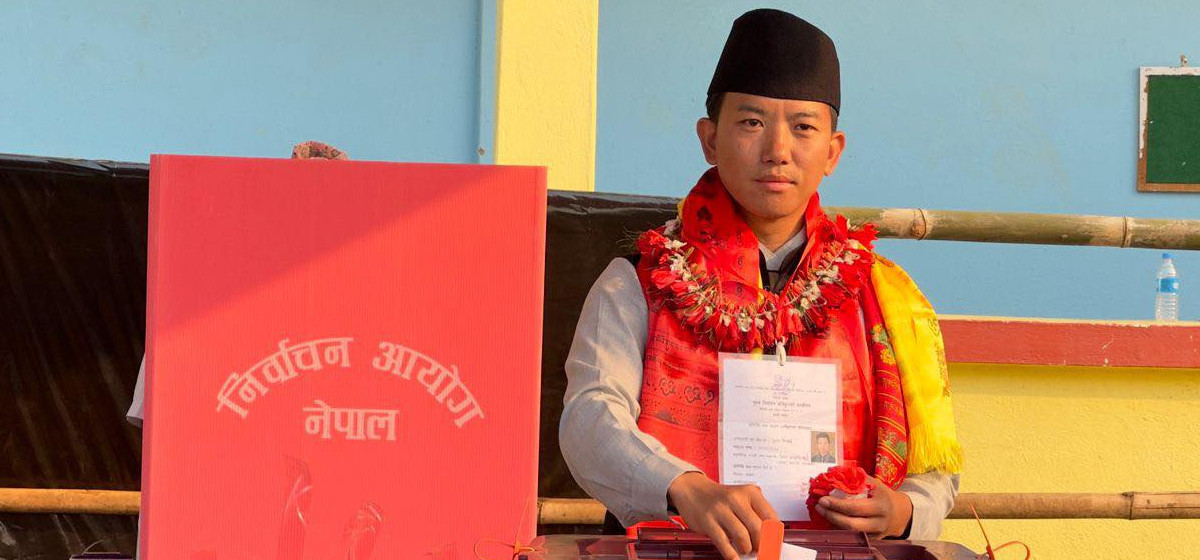

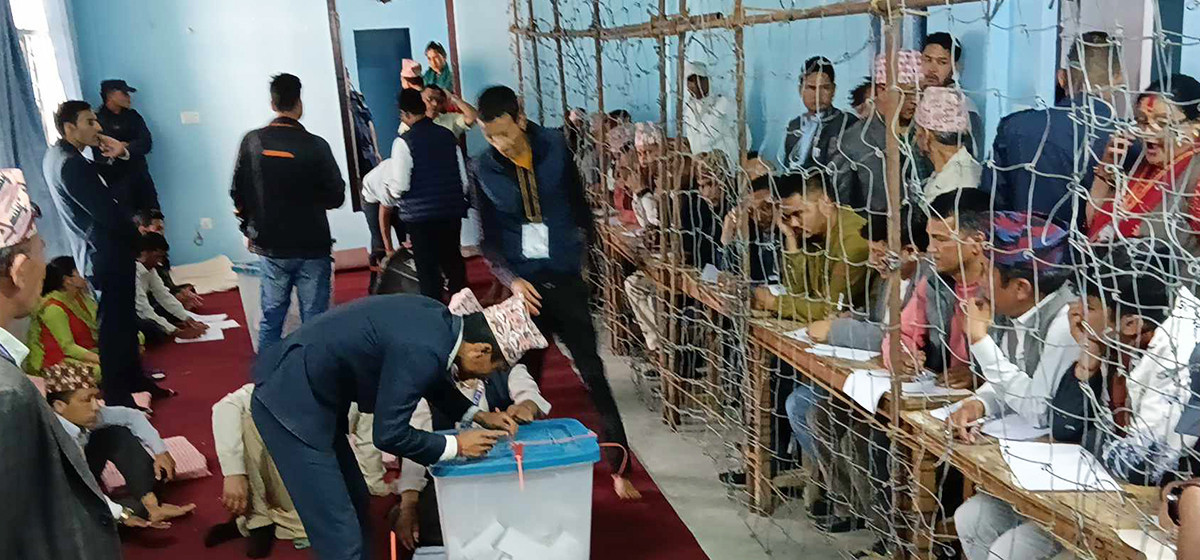





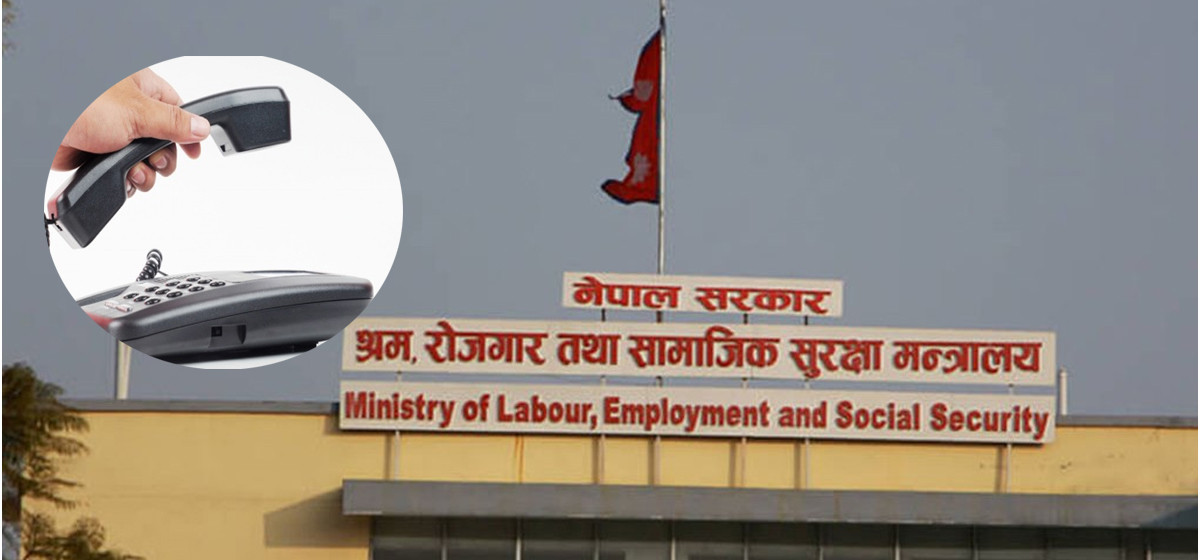


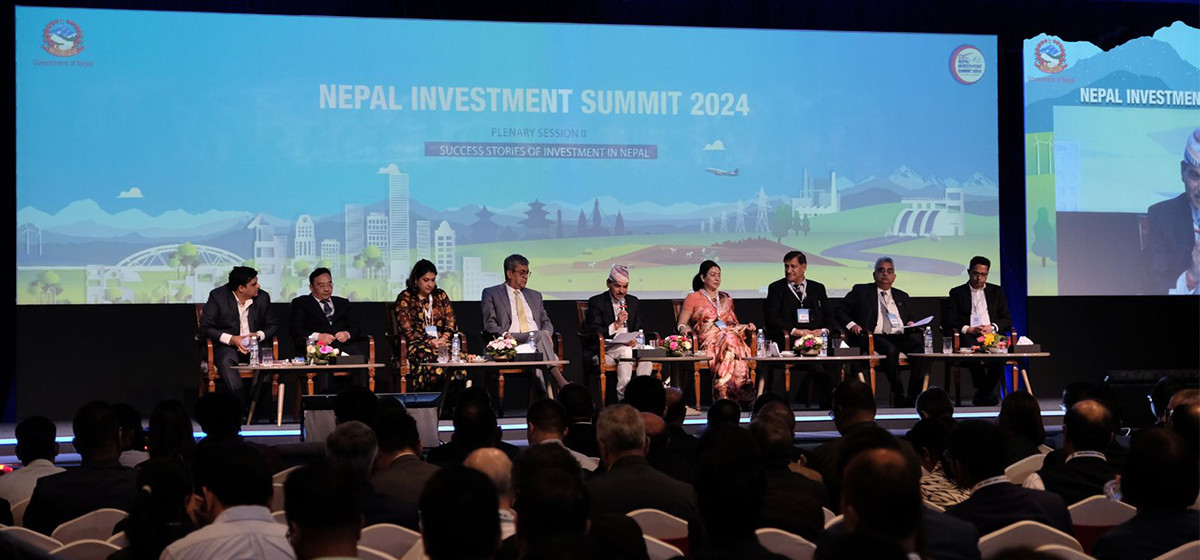
Leave A Comment